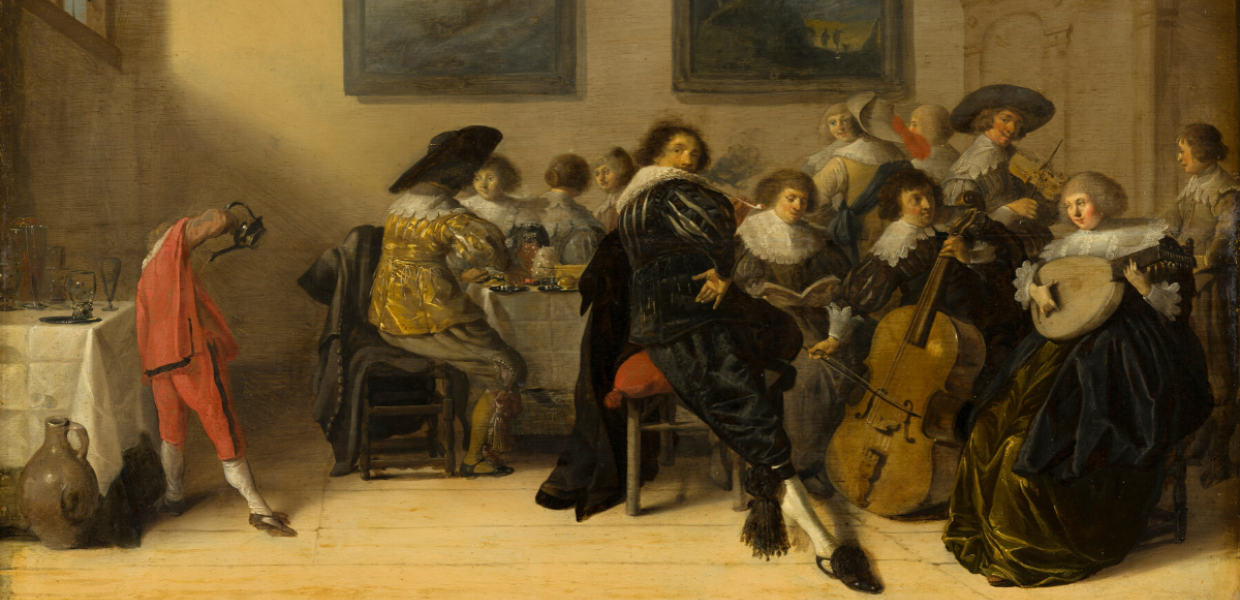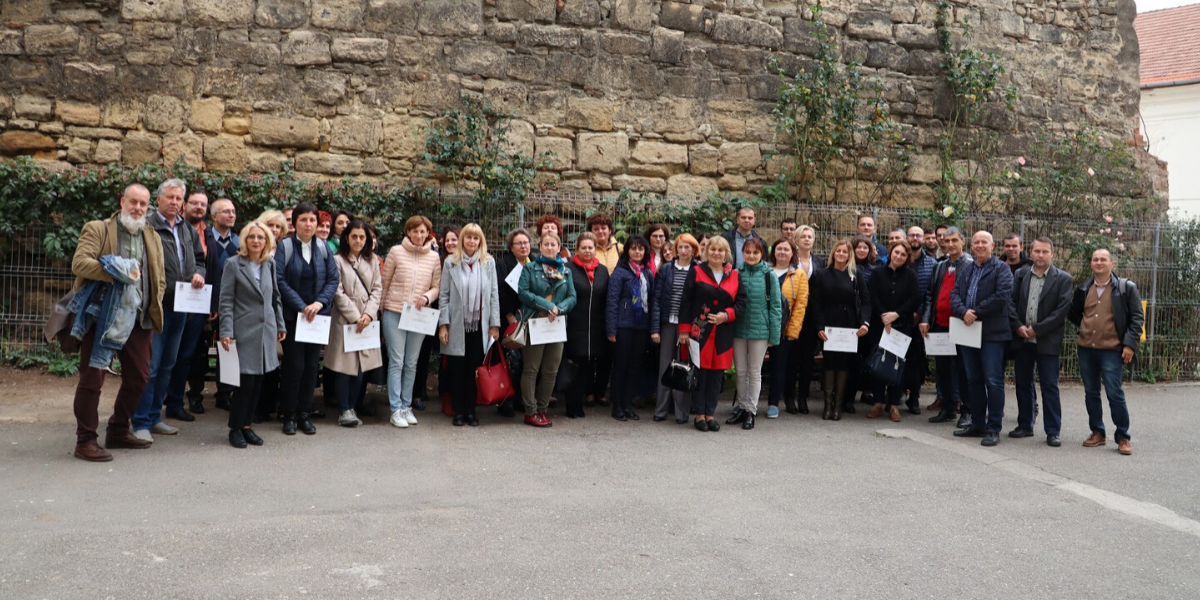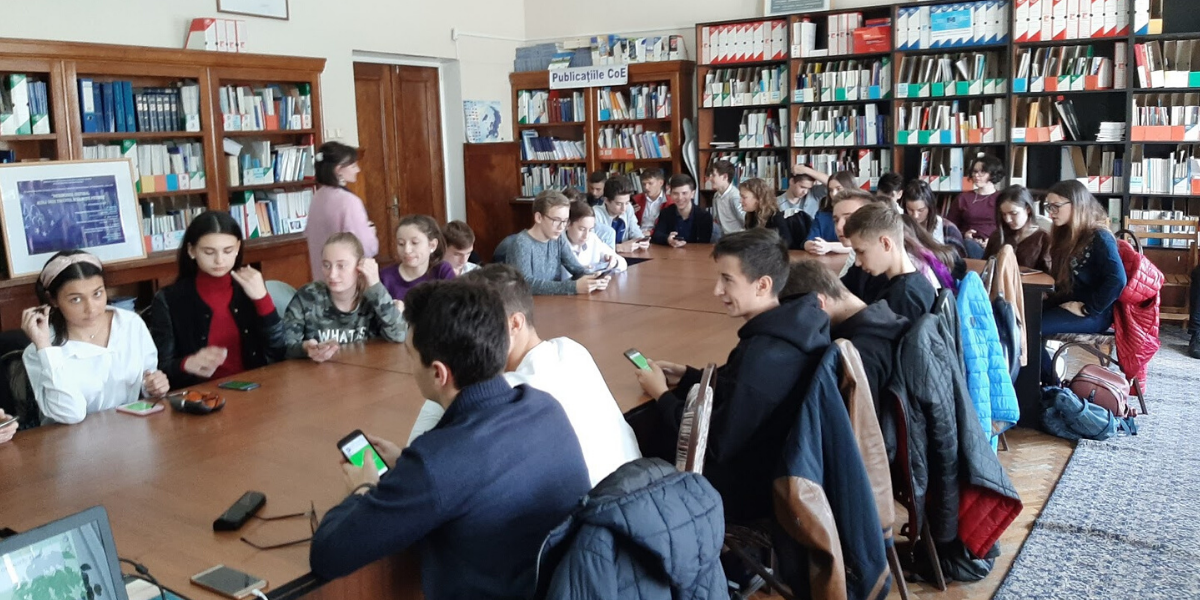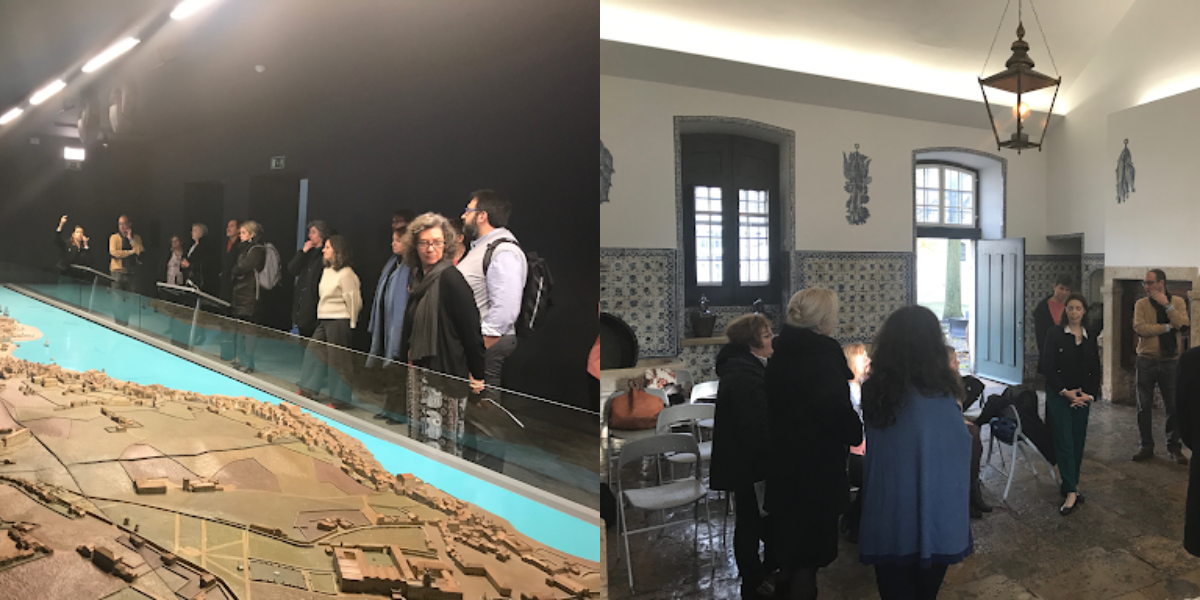ENA Education Community in practice: 10 ways to promote the use of digital cultural heritage
It’s been more than a year since the Europeana Network Association Education Community officially started its journey. In this post we recognise the best practices of our dedicated members by sharing how they’ve been fostering the use of digital culture in education at the national level - as well as 10 ways new members can contribute in the future!

- Title:
- Merry Company Dining and Making Music
- Creator:
- Anthonie Palamedesz
- Date:
- 1632
- Institution:
- Mauritshuis
- Country:
- Netherlands
- Copyright:
- Public Domain




